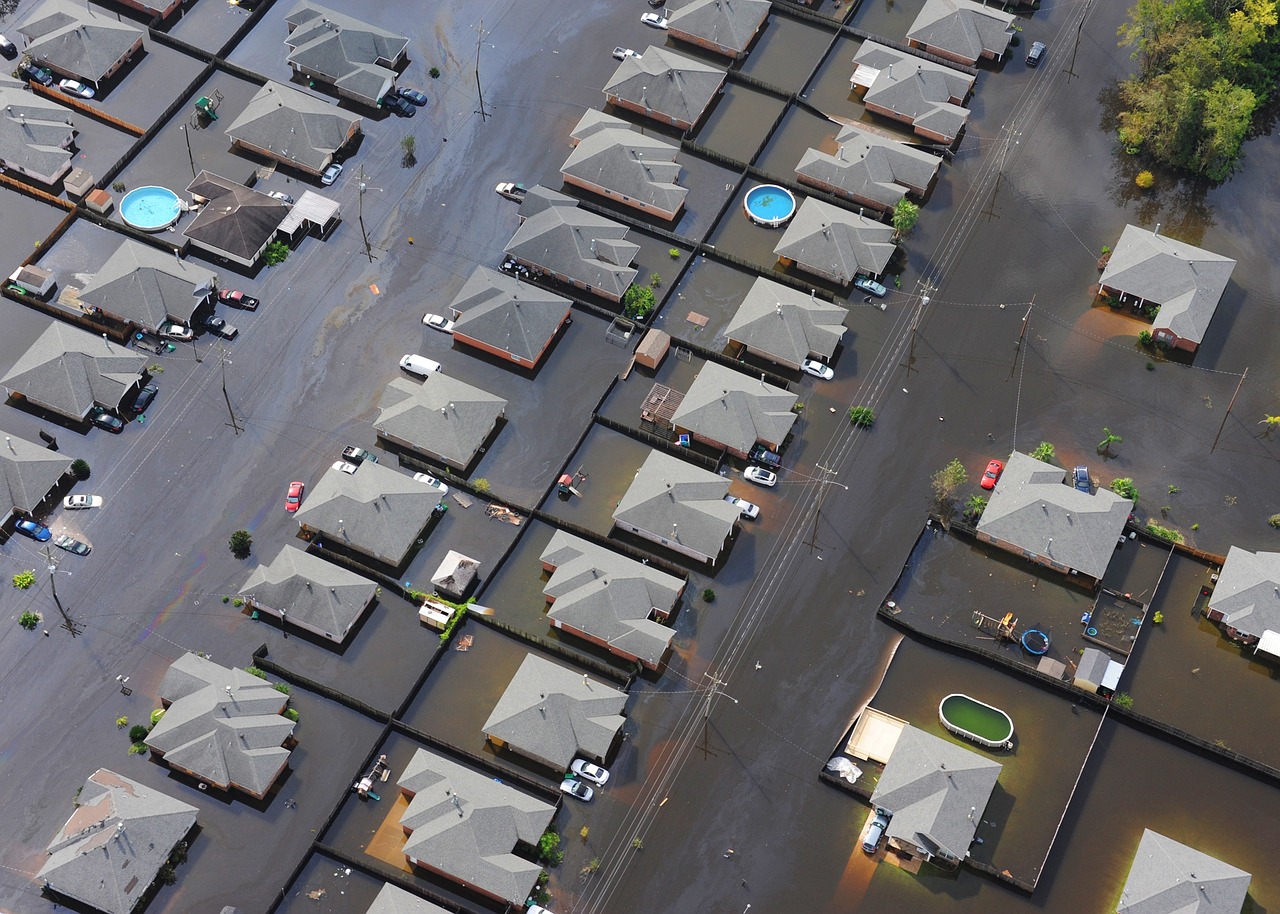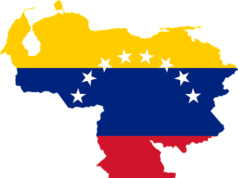
The situation in the flooded southeast of Canada remains tense: in the meantime, more soldiers fight against the flood than in foreign missions. 10,000 people had to be evacuated.
Armored vehicles roll along the underwater road along the riverbank. Meanwhile, Canada uses more soldiers as first responders against the flood than in foreign missions.
Defense Minister Harjit Sajjan has now declared that there are now 2,600 soldiers who fought the floods in Ontario with the capital city Ottawa, in the city of Montreal with the metropolis Montreal and in New Brunswick in eastern Canada, helping with evacuations.
6,500 houses under water
In the province of Quebec in the meantime nearly 6500 houses are under water, another 3500 are enclosed, nearly 10,000 people had to be evacuated. The forecast announces further heavy rains, partly interspersed with snow.
„Disaster relief is high on the list because of climate change, but unfortunately we still need to do more.“
Canada’s Defense Minister Harjit Sajjan also warns that it may be necessary to increase the numbers of troops that could respond to such disasters domestically.
Dikes break
The barriers have not lasted everywhere. For example, near Montreal, a natural dike has been broken. The CBC broadcaster shows a self-made video of a woman from Lake Sainte-Marthe-sur-le-Lac. In tears Valerie visits what used to be her apartment – from the canoe. Slowly the boat slides past furniture. It is estimated that the water is about one meter high.
Many places along the river in Quebec and Ontario are experiencing a similarly devastating situation, just two years ago – the last severe flooding. Some places even had floods again last year, like Randolph Island near Saint John in New Brunswick
Recurring floods take their toll
Bill Lawlor of the Red Cross speaks of a long-lasting stress for the families, which meanwhile takes its toll.
The Ottawa River, which was particularly affected by the floods, could now reach its peak at any time. From then, so hope, improvement is in sight and the tidying up can begin. And rethinking, said Defense Minister Harjit Sajjan.
„We need to think across Canada at all levels of government how to better mitigate such crises in advance so it’s not just about responding.“



